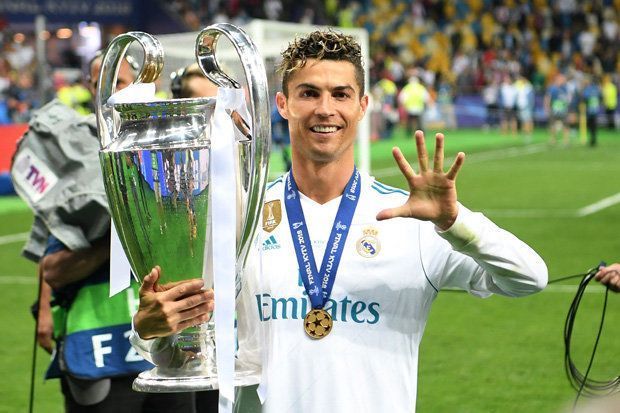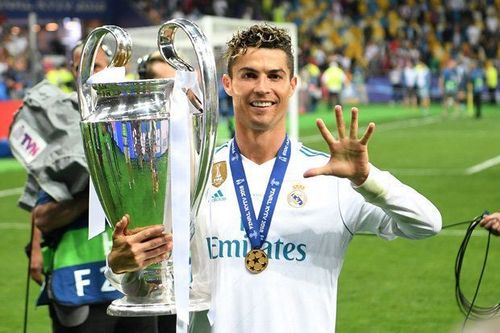
Can an ageing Ronaldo help Juventus end decades' hunt of European Glory?

It was 22nd May 1996 at the Stadio Olimpico in Rome, and Juventus came out victorious against Ajax with a 4-2 penalty win after a 1-1 draw at the end of ninety minutes. Juventus had claimed their second trophy in the UEFA Champions League, and the club seemed destined for many accomplishments.
However, fate has had it differently, and season after season, coach after coach, players after players, Juventus has had no taste of that glorious moment in 1996. For seven finals at the Champions League, they have believed they would revisit that glorious moment in 1996 and proudly lift the cup once again, but they have failed in all those attempts.
But now they believe they can, with a man who has been an adversary on two occasions and has been on both occasions the obstacle between them and victory—Cristiano Ronaldo. In every right, Ronaldo seems the perfect answer to Juventus’ puzzle: He is the highest scoring player in the competition with 120 goals and has won the competition five times, the highest for any player in the history of the competition. But the biggest question is not about Ronaldo’s abilities or experience, it is about his age.
At 33, Ronaldo isn’t the same player he was three years back or when he began his career. Ronaldo’s age has had a major impact on his career. His pace has slowed and his work rate has diminished, making him adopt a more lackadaisical attitude on the pitch, clutching onto loose balls to make meaningful impacts in matches.
In fact, the total distance he covered in the 2017-18 UEFA Champions League was 92,142 metres, which is his lowest in the last six years. Ronaldo's reduced work rate has limited his play to mainly the penalty area. Ronaldo averaged 4.1 shots in the penalty area as compared to an average 1.4 shots outside the box. This is in strong contrast
While others may argue that his last three Champions League wins came at a time he was above thirty years and when he had settled for a more relaxed attitude in games, the fact remains that Ronaldo usually benefitted from the laborious works of his teammates, who work tirelessly to create opportunities in front of goal. This is in strong contrast to previous years where he scored with a high frequency outside the box.
Benzema, Modric, and Bale work tirelessly to create glaring opportunities in front of goal for Ronaldo, but that is something he will not have at Juventus. At Juventus, he will be surrounded by highly defensive midfielders without strong offensive abilities as those of their peers in Real Madrid, and instead of creating opportunities for Ronaldo, they will rely largely on Ronaldo to carry them along with his skills and creativity, things Ronaldo will be unable to provide at his current age.
In fact, Sami Khedira had three assists in the 2017-18 UEFA Champions League, the highest for any Juventus player. The total assists made by all Juventus players in 2017-18 UEFA Champions League was 9, significantly lower than the 23 made by Real Madrid players. This shows clearly Juventus lacks much creativity to support Ronaldo by creating goalscoring opportunities.
While his history and experiences may prove useful to Juventus, Ronaldo’s age will hinder his abilities to provide his maximum best to Juventus. This deal would have been perfect for Juventus had it happened earlier in Ronaldo’s career, but at his current age, Juventus can only hope for few glimpses of his abilities and not the UEFA Champions League trophy.